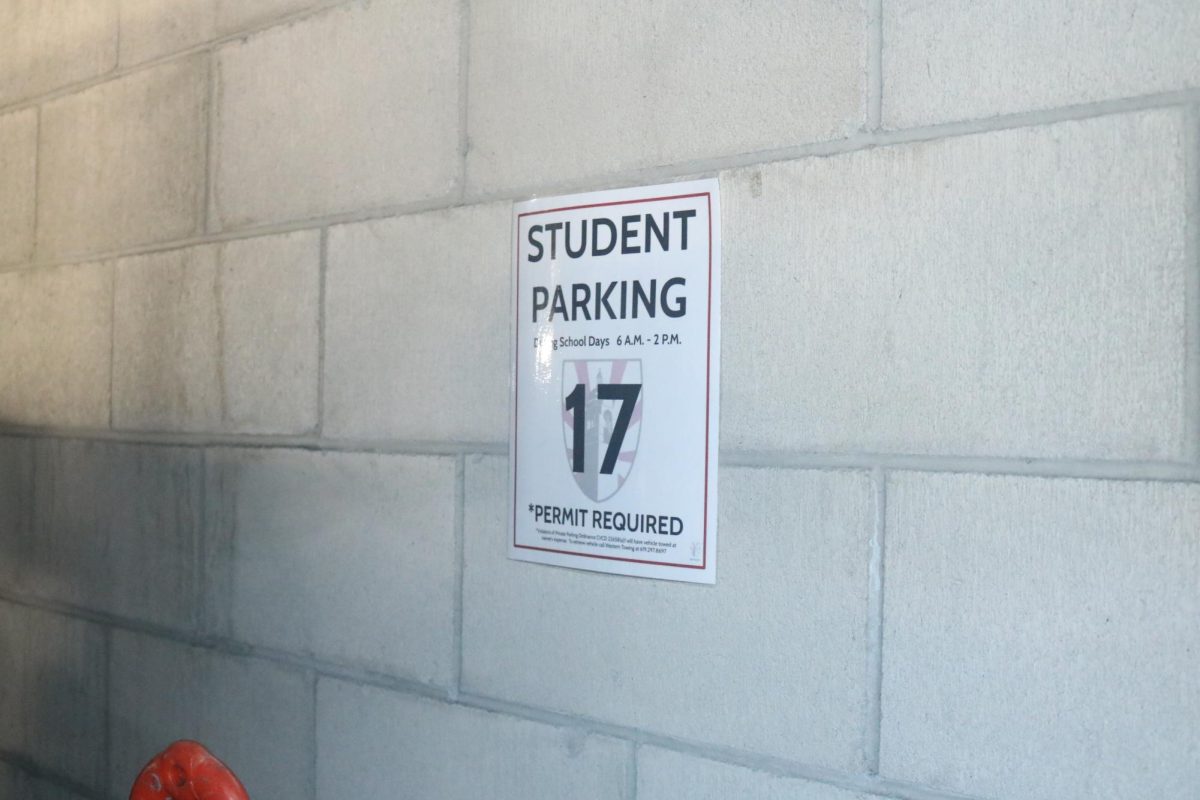Note: There are mentions of sensitive topics like sexual exploitation and sextortion in the following article. Please consider reading this with a trusted adult.
54% of Generation Z users said they used social media for at least four hours a day, according to Morning Consult, a research company that performs surveys. Social media is how we communicate, entertain ourselves, and learn about news. Social media is ingrained in our culture.
With the good that social media can bring, it also has many negative components. One of the negative tenets of social media that has grown in past years is sextortion. According to the Federal Bureau of Investigation (FBI) sextortion is when an offender coerces a minor to take sexually explicit images or videos, and then the offender in possession of the material will threaten to release it unless they receive more sexually explicit images. These offenders are exploiting victims for sexual gratification.
With the rise in sextortion in mind, the School counselors hosted talks on sextortion during enrichments and how to remain safe online with grades sixth through 11th. Additionally, through the Family Partnership Event, the School hosted Lisa Ringel from the San Diego Internet Crimes Against Children department of the SDPD, to speak to parents about sextortion and online safety in February.
Sextortion currently primarily affects boys between the ages of 14 and 17, but “any child can become a victim,” wrote the FBI, in their warning. Director of Counseling Mrs. Broderick and School Counselor Ms. Lauren Gray agreed with this sentiment.
Mrs. Broderick said, “you know I think a lot of times we see things in the news and think ‘that sucks for that person, and that would never happen to me,’ or ‘that would never happen to Bishop’s,’” but these things are actually happening to “good, hardworking kids that aren’t doing anything necessarily bad.”
The FBI reported that sextortion can occur on any game, site, app, or messaging platform that people can communicate with. In most cases, the victim will believe that the person they are communicating with is their age and either wants to be in a relationship or is offering something valuable, like money. The FBI noted that in some cases, a victim’s first contact with an offender will be a direct threat with the offender claiming they already have explicit images or videos.
Once in possession of explicit media from the victim, the perpetrator will threaten to release them unless they receive more. Once in the situation, “The shame, fear, and confusion children feel when they are caught in this cycle often prevents them from asking for help or reporting the abuse,” reported the FBI.
Mrs. Broderick expressed that sometimes students may feel that issues like sextortion are disconnected from our community. But the truth is they are not. Sextortion is on the rise, and it is directly affecting San Diego. The San Diego Police Department reported that sextortion crimes were up 200% in 2023, according to CBS 8. This year the FBI San Diego Field Office issued a warning on January 17, 2024 about sextortion, according to NBC 7.
Another common form of sextortion that has grown in past years is financial sextortion. These offenders are looking for money, generally in the form of gift cards, mobile payment services, wire transfers, or cryptocurrency, according to the FBI. If not financially compensated, they will threaten to release the sexually explicit images of the victim. Offenders who are looking for financial compensation tend to be located in West African countries such as Nigeria and Ivory Coast, or Southeast Asian countries such as the Philippines, noted the FBI.
The FBI received “13,000 reports of online financial sextortion of minors,” from October 2021 to March 2023. These reported involved 12,600 victims, most of which were boys, and resulted in at least 20 suicides, reported the FBI. Additionally, in 2023, two-thirds of Generation Z in six countries said they or their friends have been targeted for online sextortion, according to We Protect Global Alliance.
Both Mrs. Broderick and Ms. Gray noted that taking risks and engaging in risky activity online is “developmentally normal,” for those who are teens. Ms. Gray emphasized that, “it’s developmentally normal that teenagers sort of respond to risk,” by thinking, “that will happen to someone else but it will never happen to me.”
This thought process is detrimental, and sextortion “can and does happen to all sorts of people for all sorts of reasons, and no one is completely immune,” Ms. Gray said. The most important thing is to “know what is out there, to be really mindful of your choices, and not to fear the adults in your life if you find yourself in a situation where you are not sure what to do,” in order to stay safe online, Ms. Gray added. Ms. Gray is emphasizing that it is important to speak to a trusted adult if you find yourself in a situation like sextortion.
Additionally, the counselors hoped that through the Family Partnership Event, that parents could learn more about how their reactions to these situations can help their child feel safe and understood or ashamed. Mrs. Broderick said that this is what they focus on a lot with parents. Emphasizing that the first reaction if a child comes to you in a situation like sextortion, one’s first response asking how they can help. She added, “if there is need for punishment later you can deal with that later, but that first reaction is really important.”
With increased rates of sextortion, it is important for children to be aware of the people they engage with online, and try to never share sexually explicit content of yourself online. Parents need to focus on educating and discussing the dangers of social media with their children. Additionally, in the event that their child finds themselves in a situation like sextortion, parents need to “be their trusted adult,” so that children feel safe reporting the crime according to the United States First Responders Association.








